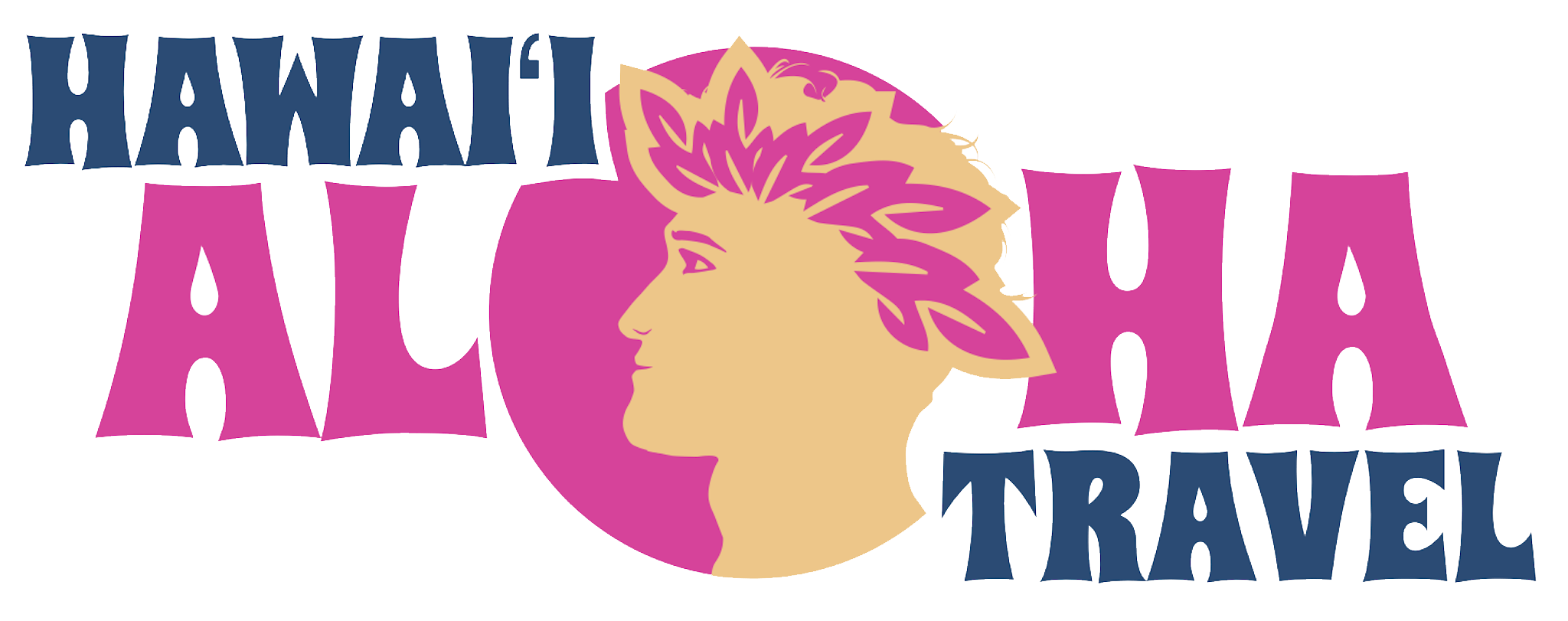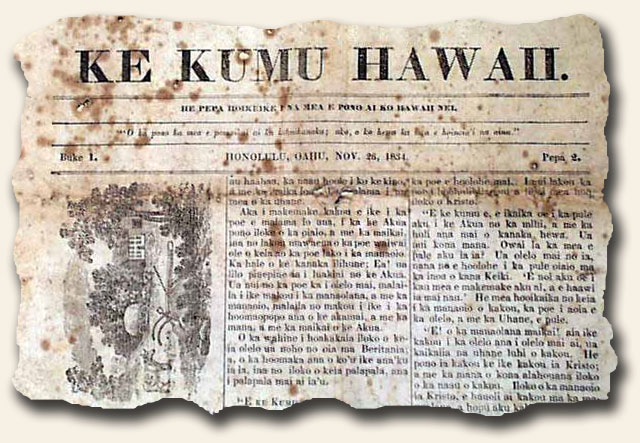People always ask me what languages people speak in Hawaii. English is the main language spoken here, so you don’t have to worry about learning a new language before you come to Hawaii. But although English is mainly spoken here, there are some Hawaiian words you might want to know before you come here. These Hawaiian words and phrases have made it into everyday usage.
You will hear people saying certain phrases throughout your stay in the Hawaiian Islands. Some of these phrases are printed on menus and signs in stores. Street names are also mainly Hawaiian words.
History of the Hawaiian Language
For many years, the Hawaiian language was an oral language, passed down from generation to generation.
When missionaries came to Hawaii in the early 1800s, they helped create a written language. Hawaiian was the primary language of all of the islands until 1893. American forces overthrew Queen Lili`uokalani, the last reigning Hawaiian monarch. After the takeover, the Hawaiian language was banned in schools and government.
In 1986, that ban was officially lifted. Today, both Hawaiian and English are recognized as the official languages of Hawaii, with most people speaking English.
The Hawaiian Alphabet
13 letters make up the Hawaiian alphabet. There are five vowels (a, e, i, o, u) and eight consonants. The eight consonants are h, k, l, m, n, p, w, and the `okina. The sound of the `okina is a pause, like when you say “uh-oh.” If you omit the okina, you can change the entire meaning of the word.
I’ve put together a list of the most frequently used Hawaiian words. This list is long, so don’t worry if you can’t remember them all! If you are unsure what something means, just ask! Part of the aloha spirit is the kindness and respect with which everyone treats each other, so anyone would be happy to help you out if you are confused.
Hawaiian Greetings, Expressions, and Popular Words
- “Aloha“: Can mean either hello or goodbye. It also means peace and affection. Hawaiians greet each other with “aloha”, treat each other with “aloha”, and drive with “aloha”. This means that they have respect for each other in all they do.
- “Mahalo“: Thank you.
- “E komo mai“: Welcome. Many stores and businesses have “e komo mai” written on the entrance.
- “A hui hou“: Until we meet again.
- “Mahalo nui loa“: Thank you very much.
Hawaiian Words – People
- “Keiki“: Children. Many times you will see “keiki” menus at restaurants, “keiki” prices at attractions, or events for “keiki”.
- “Wahine“: Women. You will see restrooms with “Wahine” written on them instead of Women.
- “Kane“: Men. You will see restrooms with “Kane” written on them instead of Men.
- “Ohana“: Family.
- “Kamaaina“: “One of the land.” It means anyone who is Native-born as well as anyone who is a long-term resident of Hawaii.
Hawaiian Phrases – Food
- “Kau Kau“: To eat.
- “Ono“: Good. You will see “ono grinds” advertised, which means good food. But don’t be confused when you see Ono on a restaurant menu! Ono is a type of fish, which is also very good.
- “Pupu“: Snacks or appetizers. Many restaurants will have a pupu menu.
- “Poke“: Literally translated, “Poke” means to slice or to cut. Poke today is cubed fish, usually tuna. The fish is cut into bite-sized pieces and seasoned with different spices and sauces.
Hawaiian Phrases – Directions
- “Makai“: Towards the sea. You will hear someone using this word to give directions. If someone tells you to go “makai”, they are telling you to go towards the sea.
- “Mauka“: Towards the mountain. It is also used when giving directions. If someone tells you to go “makua”, they are telling you to go towards the mountains.
- “Kokua“: To help. You might see signs asking for your “kokua” with putting trash in trash cans or keeping the trails clear of trash.
- “Ala“: Road or path. Ala Moana Boulevard and Ala Wai Boulevard are two main roads in Honolulu
Hawaiian Words – Objects
- “Lei“: A necklace made out of flowers, nuts, or shells. People will offer you a “lei” to celebrate weddings, birthdays, and other special occasions in Hawaii.
- “Hale“: A house. The “Hale Koa” is a military hotel in Waikiki that translates to “house of the warrior.”
- “Lanai“: A balcony or patio. Many hotel rooms have their own lanai. Many restaurants offer outdoor seating on the “lanai” as well.
- “Opala“: Trash. You will see this printed on trash cans sometimes.
- “Honu“: Hawaiian green sea turtle. You will see this word a lot, as Hawaiian green sea turtles are very important in Hawaiian culture and are endangered.
Other Hawaiian Words and Phrases
- “Pau“: All done, finished. We like to say we are “pau” with work.
- “Pau hana“: After work.
- “Puka“: Hole.
- “Manini“: Small. If it’s “manini”, it’s small; it’s something you don’t need to worry about.
- “Kuleana“: Taking responsibility. This is a very important word as Hawaiians consider taking care of the land and sea their “kuleana”.
- “Lolo“: Crazy.
- “Kapa Kahi“: Upside down, all messed up.
- “Vog“: Smog that sometimes drifts over from the Big Island. It can cause some people to have allergies.
- “Pilau“: Rotten.
- “Wiki“: Fast. There is a Wikiwiki bus, a free shuttle that takes you around the terminals at the Honolulu Airport.
- “Da kine“: Can mean anything. It is similar in English to whatchamacallit.
I know that this is a lot to take in, so don’t worry if you can’t remember it all. Write down a few that you want to remember. And, know that it is usually not too hard to figure out from context what a lot of these words mean. If you are ready to book your Hawaiian trip give us a call or use our Trip Planner.




